 Eurocentricism, re-colonization, and settler colonialism
Eurocentricism, re-colonization, and settler colonialism
The languages that we speak build walls. The English language, for instance, is noun-based, territorial and possessive by nature. Behind this language, however, is a distinct way of relating – one that is exemplified by the interview excerpt above. Sharing a language does not imply consensus or commonality. In this case, although Taiake Alfred does not agree in full with the term ‘First Nations’, he does differentiate First Nation and Indigenous Nationhood from European, Westphalia conceptions of nation-state. He dually describes why, from his perspective as a member of the Mohawk Nation from Kahnawá:ke, this terminology resists Eurocentric impositions of governance but also responds to colonial power-imbalances. Social movements, especially in North America, often fall carelessly into colonial traps of Eurocentric thought and colonial universalism, as exampled above[1]. On the surface, though, it is clear why anarchist movements and anarchic theory may be attracted to anti-colonial struggles.
Opposition to the state and to capitalism, to domination and to oppression, are at the core of anarchist and autonomous movements; they are also at the core of anti-colonial struggles that see the state, and by mutual extension the capitalist system, as de-legitimate institutions of authority that ‘Other’ and colonize by way of white supremacist notions of cultural hegemony (see Fanon, 1967; Smith, 2006). Anarchist movements, however, often fail to account for the multiple layers of power that are at play, both contemporarily and historically. As Barker (2012) critically contends, many of the Occupy sites, for example, recolonized by uncritically occupying already occupied lands. The settler privilege of autonomous organizers within these movements upheld hegemonic/colonial territoriality. Romanticized for stewardship and place-based relations to land, Indigenous peoples have even been idolized as the ‘original’ anarchist societies (Barker & Pickerill, 2012). Indigenous Nationhood Movements actively seek to rebuild nation-to-nation relations with settlers by re-empowering Indigenous self-determination and traditional governments (Indigenous Nationhood Movement, 2015). Nation-to-nation, though, cannot be taken in its settler colonial form; indeed, this assumption concerning a homogenous form of government was, and is, at the core of colonialism: “modern government…the European believed, was based upon principles true in every country. Its strengths lay in its universalism” (Mitchell, 2002: 54). Respecting Indigenous Nationhood as a culturally, politically, and spiritually distinct movement propelled by and for Indigenous peoples is integral. Reasons for and tactics in support of these movements may vary, however they inevitably overlap in many offensives with anarchist anti-authoritarian agendas.
With Eurocentric understandings of an anti-colonial anarchism at the core of many activist oriented renditions of such thinking, activists and scholars alike have heeded words of advice to those amidst struggles against colonial forces in settler colonial contexts. As stated by Harsha Walia in discussing autonomy and cross-cultural, colonial-based struggle:
“Non-natives must recognize our own role in perpetuating colonialism within our solidarity efforts. We can actively counter this by… discussing the nuanced issues of solidarity, leadership, strategy and analysis – not in abstraction, but within our real and informed and sustained relationships with Indigenous peoples.” (2012)
By respecting difference, even spatializing autonomy, settler peoples would do well to not transplant – to settle – their perceptions of autonomy, of solidarity, of leadership, and of strategy onto Indigenous movements. Alternatively in settler colonial contexts, anarchist struggles against colonial authority, and thus capitalistic systems, invariably require respectful engagement with Indigenous movements. This is integral if re-colonizing tendencies of anarchist movements–oftentimes primarily driven by European settlers–are to be prevented. Anarchist actors, especially when operating in settler colonial spaces, must understand the nuances of place specific histories and colonial processes. As Lasky suggests, there is “potential for directly relating to each other and changing our relationships with each other in ways that withdraw consent from ‘the system’ and re-creates alternatives that empower our collective personhoods now” (2011: np). As Alfred mentions however, Eurocentric tendencies have oftentimes perpetuated colonial relations of power. As a result, the very structures of oppression that anarchic thought starkly opposes, but also stemmed from, creep into relational geographies.
References
Alfred, T. (2010). Interview with Gerald Taiaiake Alfred about Anarchism and Indigenism in North America. Retrieved from http://www.alpineanarchist.org/r_i_indigenism_english.html
Barker, A. (2012). Already Occupied: Indigenous Peoples, Settler Colonialism and the Occupy Movements in North America. Social Movement Studies, 11(3-4), 327–334. doi:10.1080/14742837.2012.708922
Barker, A. J., & Pickerill, J. (2012). Radicalizing Relationships To and Through Shared Geographies: Why Anarchists Need to Understand Indigenous Connections to Land and Place. Antipode, 44(5), 1705–1725. doi:10.1111/j.1467-8330.2012.01031.x
Fanon, F. (1967). Black skin, white masks. New York, NY: Grove Press.
Indigenous Nationhood Movement. (2015). About. Retrieved from http://nationsrising.org/about/
Lewis, A. (2012). Decolonizing anarchism: Expanding Anarcha-Indigenism in theory and practice (Masters thesis). Queen’s University, Kingston, ON. Retrieved from http://qspace.library.queensu.ca/bitstream/1974/7563/1/Lewis_Adam_G_201209_MA.pdf
Mitchell, T. (2002). Rule of experts: Egypt, techno-politics, modernity. Berkley, CA: University of California Press.
Smith, A. (2006). Heteropatriarchy and the three pillars of white supremacy. In Incite! (Ed.), The colour of violence: The INCITE! anthology (pp. 66–73). Cambridge, UK: South End Press.
Walia, H. (2012). Decolonizing together: Moving beyond a politics of solidarity toward a practice of decolonization. Briar Patch, January/February. Retrieved from http://briarpatchmagazine.com/articles/view/decolonizing-together
[1] Adam (Lewis, 2012) explores this topic in depth.




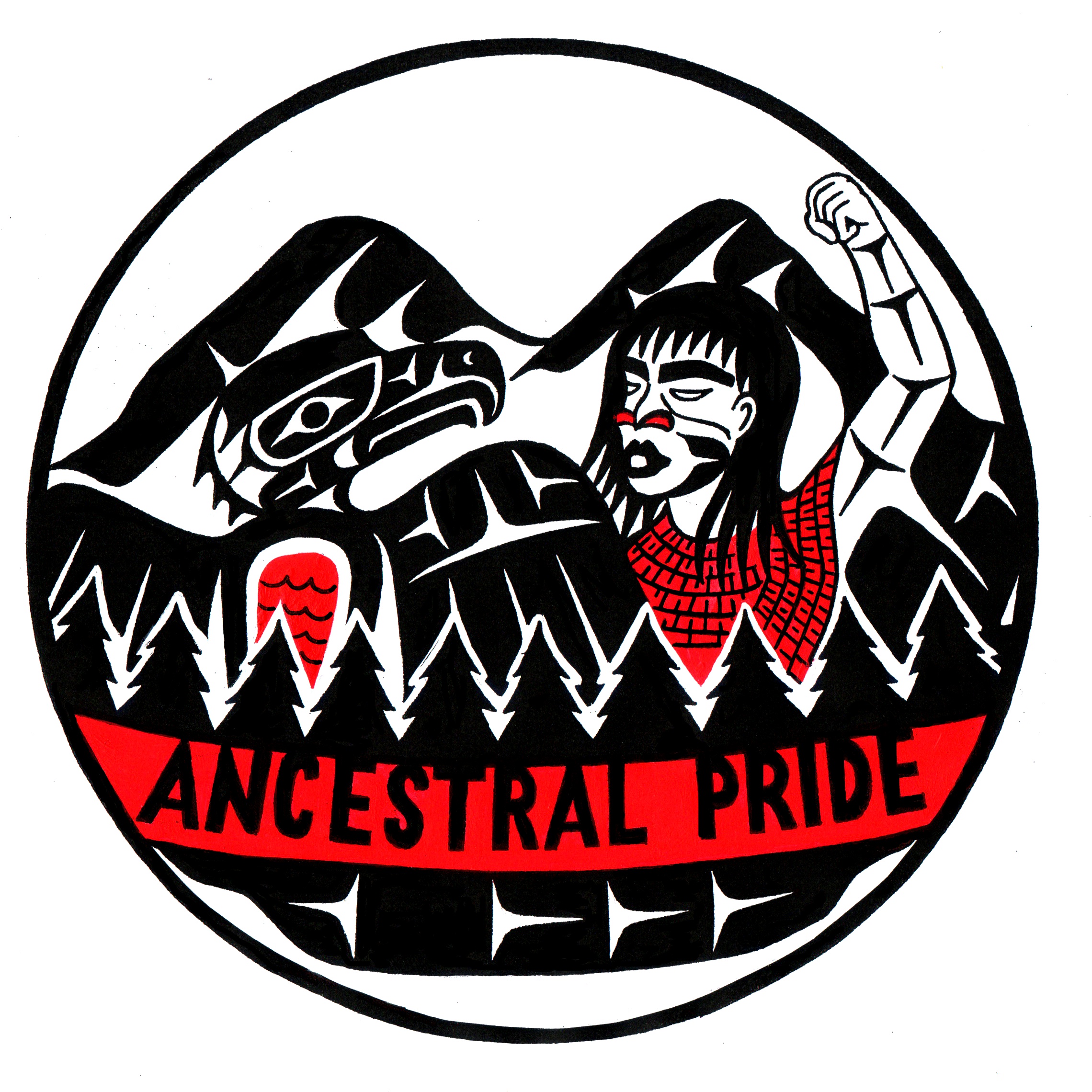





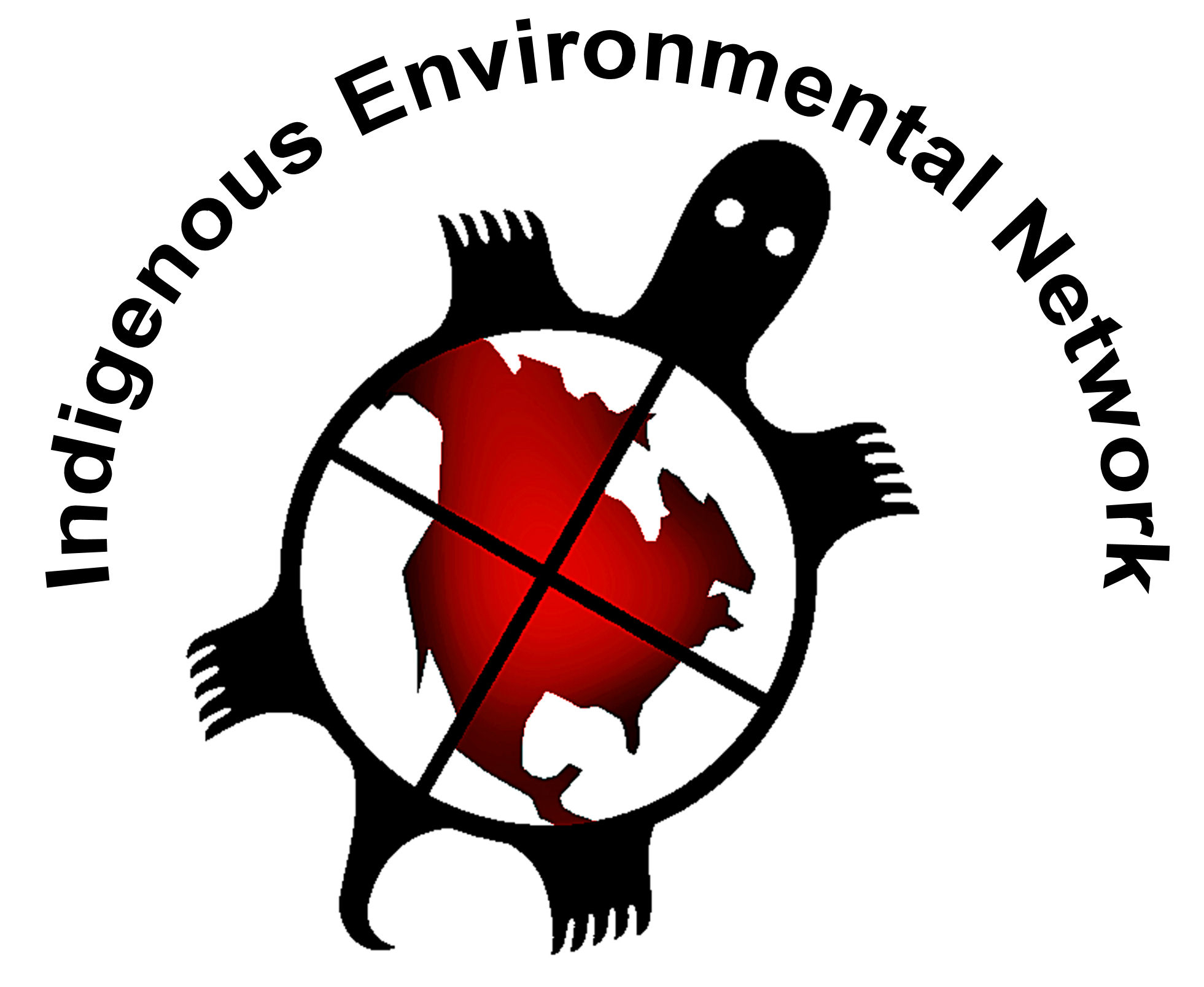


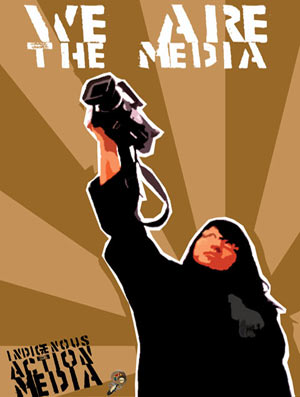






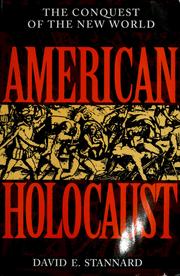






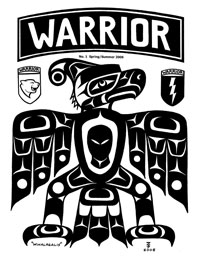


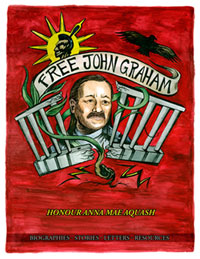



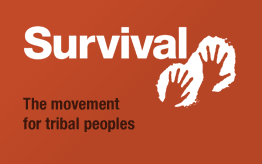


Reblogged this on Leftist Views and News.
Wonderful, though provoking article! The paradox I see is that Settlers are the reason for the need for Native sovereignty. But, Settlers are the only ones who are listened to in the claim for Native sovereignty. If we do what we need others to do to fix this, then we would silently get out of the way. Which means that no one would be there to say “hey, shut up and move out the way.”
Aside from hoping that, through time, every citizen hears the message until enough people get the point that maps need a review, how can Colonizers, whose very active presence is reason for valid resentment, act as a responsible, self-aware mouthpiece? A megaphone in town square, which is my immediate idea, seems in line with passions, but not in line with desired consequence.
What’s frustrating is that, as a white male, unless my Sovereignty rhetoric is immediately followed by a pubic wrist-slitting inside my England-bound coffin, I’m a hypocrite. No sarcasm- there is in fact no way to not be a hypocrite without becoming a citizen of another nation that has no real reason to want to have me (back). There is no way to have been born here Settler and not have Original Imperialist Sin. These aren’t accusations of unfair, false dichotomies (they would have been a few years ago)- these are observations of an unavoidable truth.
The Primitive Skills article was both wonderful and a reminder of this can’t-win-for-losing scenario.
Back story is my partner is Native, and sovereignty is a big topic of discussion at home. We both agree with sovereignty, but for the sake of not making things too easy, we like to aim for creative alternatives in case sovereignty takes its time coming. Dismantling the BIA seems to be the biggest step in compromise…
Long story short, the fact that Natives were here first immediately makes autonomous sovereignty the right answer. But, in the same regard, having no choice in being born here does add a nuance. If the discourse of sovereignty can remain as strong, would it be wise to find a discursive balance between the expectation of personal accountability and personal responsibility? I think the imbalance is what turns a lot of would-be allies, common sense, moral thinkers, off to facing historically rooted, presently perpetuated acts of colonialism. A lot of us fear that we are expected to shed tears we don’t feel are ours to shed. That prevents us from taking the already uncomfortable, ego-shaking steps necessary to be responsible for our ancestors’ history.